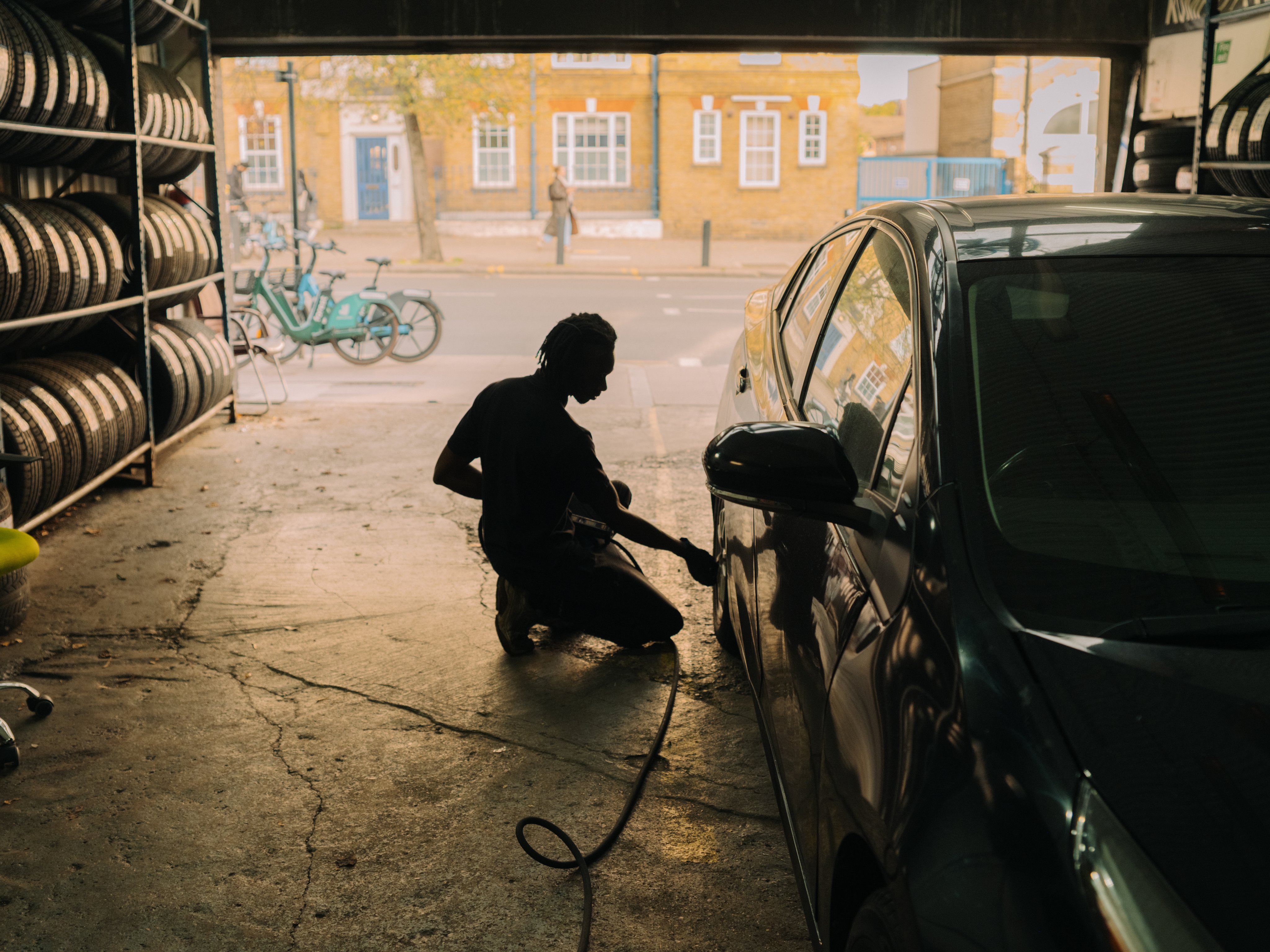The Chancellor used this Spending Review to stress that the economic emergency facing our country has only just begun. Public concern about poverty is rising. Yet this Spending Review lacked bold action to tackle the threat of a rising tide of poverty.
This analysis looks at the steps taken in the Spending Review and how they measure up to the challenges faced by the UK amid surging unemployment and an urgent need to level up the economy.
Public concern about poverty is rising. Millions of people are anxious about their livelihoods and financial futures with large parts of our economy under restrictions and unemployment rising. And although the economic impact of this pandemic is far reaching, millions of people who are already trapped in poverty have been left exposed to this emergency. Their situation has been made worse as they are being hit hardest by rising costs and redundancies. Lying behind the stark statistics are families struggling every day to buy food, pay their rent and cover essentials.
And yet there were scant resources given to tackling many of our economic challenges that trap people in poverty in the Spending Review. The Chancellor failed to deliver on promises in vital areas such as investment in skills, levelling up and creating new job opportunities. People living in places with weaker economies are less likely to have money spent on driving local economic growth, reducing their prospects of getting a good job which frees them from poverty.
The Chancellor had the opportunity to provide certainty to families enduring an uncertain and fearful winter. The decision to give the £20 uplift to Universal Credit was the right thing to do in March and it is the right thing to make it permanent now. As we are still in the foothills of the economic emergency there is no conceivable scenario in which this uplift will not need to continue, especially as the new wave of unemployment is likely to coincide with the very point it is currently due to be cut.
Alongside providing this certainty to families up and down the land we needed the Spending Review to:
- set out an ambitious plan for a good jobs recovery with employment support and training to help people take up new opportunities
- deliver a levelling-up strategy that targets places where employment and pay are low to support local economic growth, spending £14billion over three years on the Shared Prosperity Fund
- build more genuinely affordable housing to help close the affordability gap and prevent homelessness.
From the outset of this pandemic, the Government said it would do whatever it takes to protect lives and livelihoods. The first phase of the economic response has been bold and compassionate, and we must learn the lessons of what has worked well. It is simply not right that as we approach the next stage of our economic response, we undo the progress that has been made or withdraw vital support from those who need it most.
This Government will be judged on whether it rises to the challenges our country faces and achieves an economic recovery that is felt by everyone. Recent months have shown us what is possible when we invest properly in supporting families. As a society, we must not cut the people and places most at risk of poverty adrift in these turbulent times.

This briefing is part of the work topic.
Find out more about our work in this area.